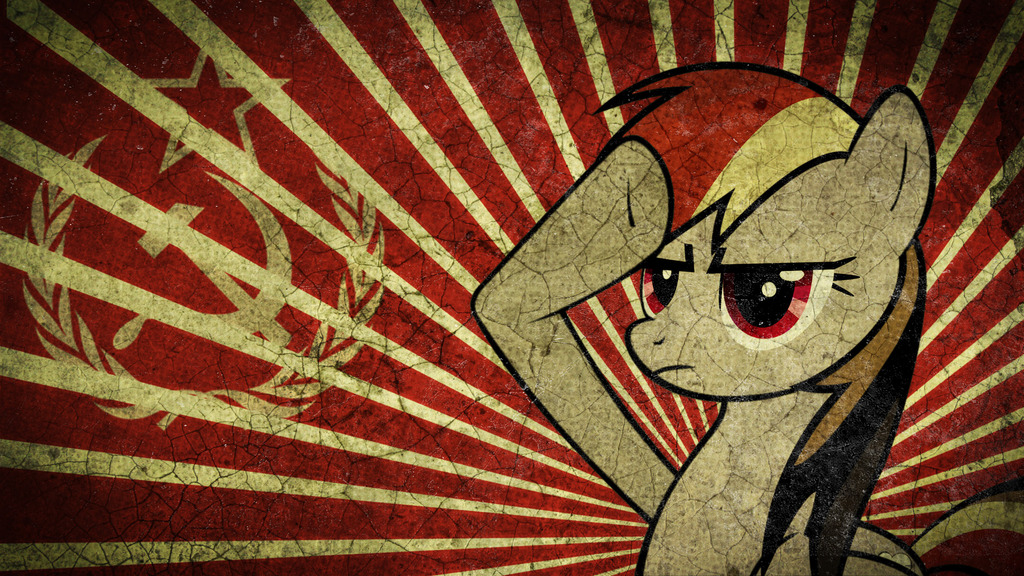It’s like, at first, it was relatively apolitical except maybe the New Atheists who got popular by criticizing the mostly right-wing religious nutjobs.
But then, I think around the mid-2010s, it started to get super political. Suddenly, everybody started to talk about how the evil wacky feminazi SJWs were trying to destroy gaming and our culture?
At this point, it seems like many people have snapped out of it and are making fun of these “anti-woke” crazies, but what materially caused this phenomenon to happen in the first place and why does it still persist to an extent?
Nerd culture was targeted by companies seeking a profit from that market.
It also became way less underground and way more pop as a result.
This allowed a lot more libs in, killing any potential left approach
Incels and women hating are and will lead one farther down the road of reactionary beliefs
Steve Bannon
I was looking through the thread to see when this would come up. Yes, a big part of it was that nerd culture was deliberately targeted by the far right. Before that they were the target of the New Athiest grifters which was the progenitor of the “facts and logic” bullshit. People are pointing out good reasons why that culture was considered a good target, but its important to realize that there was also a coordinated campaign
Nerd or geek culture was quite reactionary for a long time now. It’s a product of the (predominantly white male) western bourgeoisie and labour aristocrats, and its links to racism and sexism go quite deep.
This 3-page article (page 1, page 2, page 3) does a good job at analyzing these cultural aspects. It’s a very interesting read.
Here’s an excerpt from the introduction:
As geekdom moves from the cultural fringes into the mainstream, it becomes increasingly difficult for the figure of the geek to maintain the outsider victim status that made him such a sympathetic figure in the first place. Confronted with his cultural centrality and white, masculine privilege—geeks are most frequently represented as white males—the geek seeks a simulated victimhood and even simulated ethnicity in order to justify his existence as a protagonist in a world where an unmarked straight white male protagonist is increasingly passé.
Our investigation proceeds through three core concepts / tropes prevalent in geek-centered visual narratives:
- “geek melodrama” as a means of rendering geek protagonists sympathetically,
- white male “geek rage” against women and ethnic minorities for receiving preferential treatment from society, which relates to the geek’s often raced, usually misogynistic implications for contemporary constructions of masculinity, and
- “simulated ethnicity,” our term for how geeks read their sub-cultural identity as a sign of markedness or as a put-upon status equivalent to the markedness of a marginalized identity such as that of a person of color.
We analyze these tropes via an historical survey of some key moments in the rise of geek media dominance: the early-20th century origins of geekdom and its rise as an identifiable subculture in the 1960s, the mainstreaming of geek masculinity in the 1970s and 80s via blockbuster cinema and superhero comics, and the postmodern permutations of geekdom popularized by Generation X cultural producers, including geek/slacker duos in “indie” cinema and alternative comics.
thanks for linking that article
that was a pretty good and interesting read. thanks
gamergate (2014) was unironically the mainstream debut of the alt-right.
I think you might wanna ask Hexbear… their experts in it…
Back in the 90s some nazi groups invested 10k in internet propaganda, I figure the internet being so fascistic is just the results of that along with nerds being all sorts of fascistic is just a product of western academia culture to an extent as well.
Selection bias, I think. It depends on the site you’re using, but often communities are dominated by people who can afford to spend enormous amounts of time on the internet. That’s going to favor people with money and free time, not to mention the people who are literally paid to post.
Internet was initially only accessible by military and academia, its never not been reactionary
Back in 2009, the unfortunate precipitation of the infamous Endless Eight arc caused many 4chan posters to abandon Haruhiism and drift afloat in a position of moral vulnerability which the Nazis quickly moved to exploit </s>
Anime Pope, is that you? /sus
It’s a violent (over)reaction to 2013-2016 SJW culture. Now hating women and minorities makes you “based” and not a weirdo.
Nerd culture saw itself as white (or certain east-asian), male, middle class plus and in the developed world. It was bound to devolve into reactionary thought. The only pro I see is its tendency to be accepting or at least ambivalent towards transpeople, even 4chan (outside of /pol/) seems to be more accepting towards trans than their political opinions of everything else.
Interesting that you mention that, I think I talked about that one time. Basically last decade was the best until early 2017, I mean the internet, movies, games, vibe, everything, it was like early-mid 1980s for our parents and older people. Most of the popular trash today was non existent and Reddit was a lot less popular.
Then exactly like you said, it went to shit in 2017, social media became cancer with all the political shit they started, for example, on Balkan YouTube during 2012-2016/early 2017 times there were very good YouTubers making content for little kids, older kids and adults alike, playing games, especially Minecraft, GTA V and horror games, videos about tech, work out, funny sketches, Creepypasta channels etc. After that came idiots who were fighting among themselves and causing political and regular dramas because that became popular for some reason, and of course sexual content and fighting over bullshit became normalized among them.
I can’t even wrap my head around YouTube recommendations: shitting on movies, complaining about ‘‘politics’’ in them(‘‘politics’’ being women and minorities) big games being hyped and then rushed, then videos about complaining 24/7 about them, milking and shitting on OGs with countless pointless sequels and unnecessary updates, you name it. Cringe stuff on social media, people complaining about everything, cancel culture, Twitter, not to mention openly nazi nuts in the comments somehow passing unpunished.
I don’t really know what exactly caused this.
So, the nerd culture of pre-gamergate had a big streak of the internet atheist movement. I’m not actually sure you could meaningfully say one was separate from the other. An unspoken part of that was libertarianism. Real end-of-history hours. That’s not to say there weren’t non-libertarians in that space, it’s just the default was you were assumed to be white, male, libertarian, and into pop-culture franchises above and beyond ordinary consumptive habits of the general public.
A big part of nerd-dom, promoted by the owners of these franchises themselves, was the competitive consumption of cultural artifacts. The most obvious manifestation of this is large walls of collectibles, pristine in their packaging, which requires a decent amount of disposable income to indulge in. You didn’t have to spend lots of money, of course. You could competitively consume “lore”, which is often free from your local library.
The consumptive practices excluding certain income levels, the hierarchical nature of “who was in”, and the end of history I think explains a lot of reactionary nerds today (even though nerdy stuff has been used to explore emancipatory ideas about queerness, different societies etc… The artists tend to be more woke than the fans/fan leaders).
There is also the idea of scholarly merit and social exclusion. Obviously its a stereotype, but people who lived that (or believe they lived that) became part of the tech start up culture that drove a lot of the wealth in the Anglosphere, especially as decent paid industrial work started to decline. Again, the increase in wealth lends itself to walls of arcade games and reactionary content.
Politics has always been present in the works and in the fan culture, but there was a certain tendency across everything in the 90s and 2000s to think of itself as apolitical and non-ideological.
Nowadays, enough traditional nerds have enough money and clout to direct movie franchises. No longer is it business majors dictating that “audiences wouldn’t understand a lore accurate X-Men movie” or whatever. But the economics of it are the same (or similar).
Nerd culture was always fairly reactionary, all things considered. The “girls don’t play video games” trope was so overplayed in the mid 00’s even Ctrl+Alt+Del was able to subvert it by having a gamer gf and B^U is not a creative person by any stretch of the word.
Although it did get worse when reactionaries realised they could make money by criticizing otherwise non-issues. If San Andreas came out today the right wing youtubers would lose their minds that the protagonist is black, the main antagonist is a cop and the secondary antagonist is a CIA agent and the supporting cast includes a female Latina, a weed smoking hippy and a disabled Chinese American. Gamergate’s consequences hasn’t exactly fallen away.
Nerd culture was always fairly reactionary, all things considered.
Reminder that Dungeons and Dragons creator E. Gary Gygax justified lawful good characters killing the babies of races listed as evil by quoting
CW: genocide
an American colonizer giving his reason for pursuing the total extermination of American Indians.
Interesting thing about that one is that C.R.A.S.H. is actually barely abstracted away from a real portion of the LAPD involved in a real scandal.















